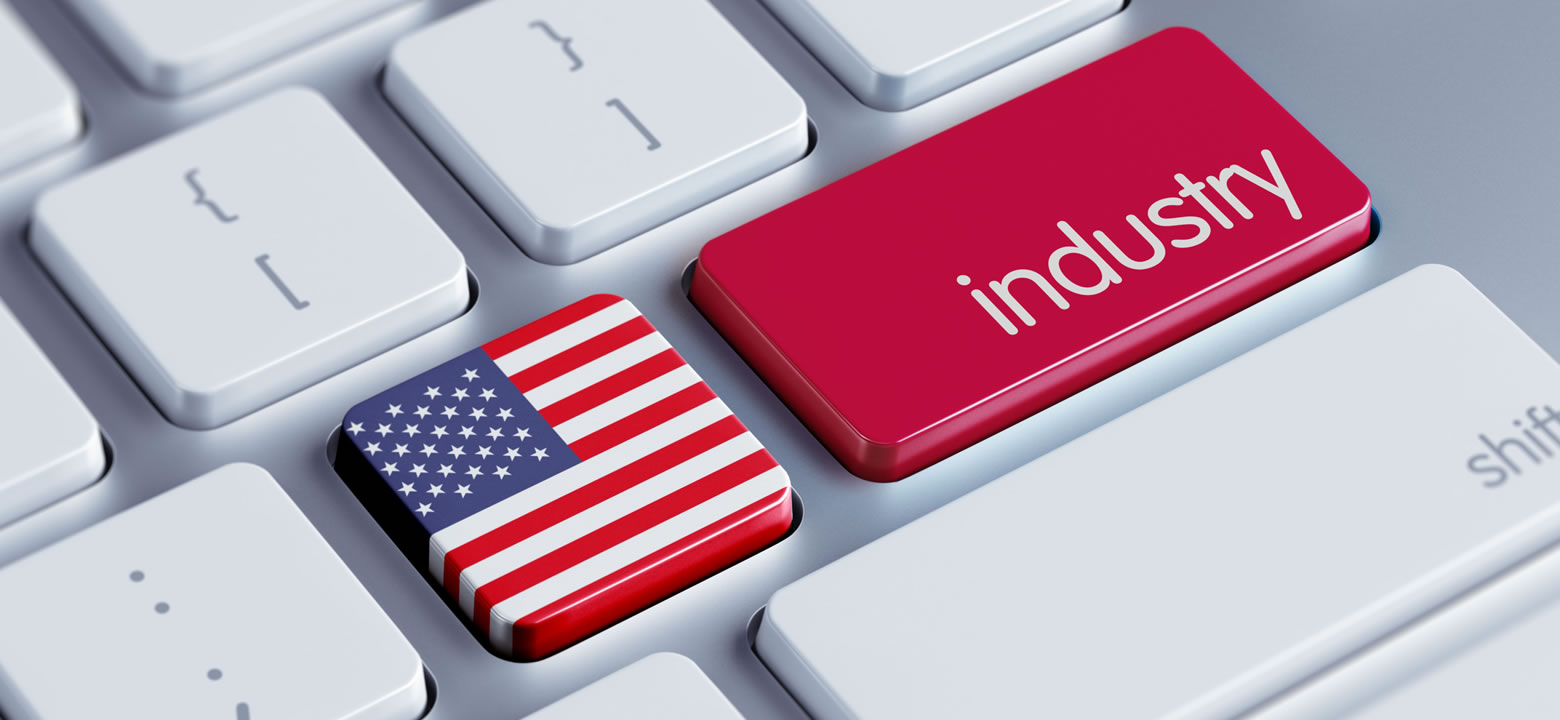
Almost immediately after he took office, Trump began undoing Obama-era regulatory practices and high corporate taxes. His sole intent was making it easier for American corporations to do business at home rather than on foreign soil.
Because of the increased deregulation and lower taxes, U.S. companies from all over are now clamoring to move their businesses back to stateside. Their primary impediment for reshoring manufacturing, however, stems from the fact that many of them will simply not have the needed talent to keep doing business at the pace they enjoy now.
In fact, they face a serious shortage of manufacturing engineers to oversee the day-to-day runnings of their factories. Apple, for example, stated that America lacked enough engineers for handle its needs let alone the needs of other businesses that want to move back to the U.S. Until more qualified talent joins these industries, businesses will have no choice but to maintain their overseas operations.
That being said, however, many business owners admit that a number of advantages exist right now for them to move back to American soil. These primary benefits include:
These advantages are the result of deregulation, lower taxes, and a more competitive manufacturing environment being fostered currently by the Trump administration.
But even with all of these advantages, what is the likelihood of American companies really coming back to the U.S. for reshoring manufacturing? Business insiders say that it is not possible to really tell whether or not American manufacturing is booming as Trump promises in his rally speeches.
Further, businesses that want to come back to the U.S. know that the Democrats are going to oppose his new NAFTA deal with Canada and Mexico. This looming battle is confounded with the fact that Trump continues to go round with China’s Xi Jinping in a contentious trade war.
These things considered, many business insiders argue that reshoring among American manufacturers could be slow or halted entirely until the political and trade battles are settled in full. With the Democrats just now taking over the House of Representatives, the contention among both parties could last another two years if not longer. Companies are not going to want to reshore even with deregulation and lower taxes until they know how these issues will be settled.
For those companies that have made the reshoring manufacturing leap back home from foreign soil, they seemingly are enjoying the perks of the growing American economy. Statistics show that more than 2.3 million manufacturing jobs have been added to the country since 2010. Part of this increase of jobs stems from the fact that unemployed people are willing to take lower paying jobs in order to get back to work.
Another reason for the manufacturing boom in America right now comes from the fact that domestic manufacturers have switched to a “just in time” strategy of distributing good. This strategy is capable of responding quickly to the changing needs of consumers. It accounts in part for the increased trade balance that went from $67.7 billion at the start of Trump’s presidency to the current value of $77.2 billion.
It remains to be seen if manufacturing jobs will continue to make their way back home in 2019. Issues like the ongoing trade war with China and the new NAFTA deal will influence the pace at which American companies reshore. The ones that have come home already, however, appear to be enjoying lower costs, better output, and a ready supply of talent to hire with which to fill jobs at their factories.